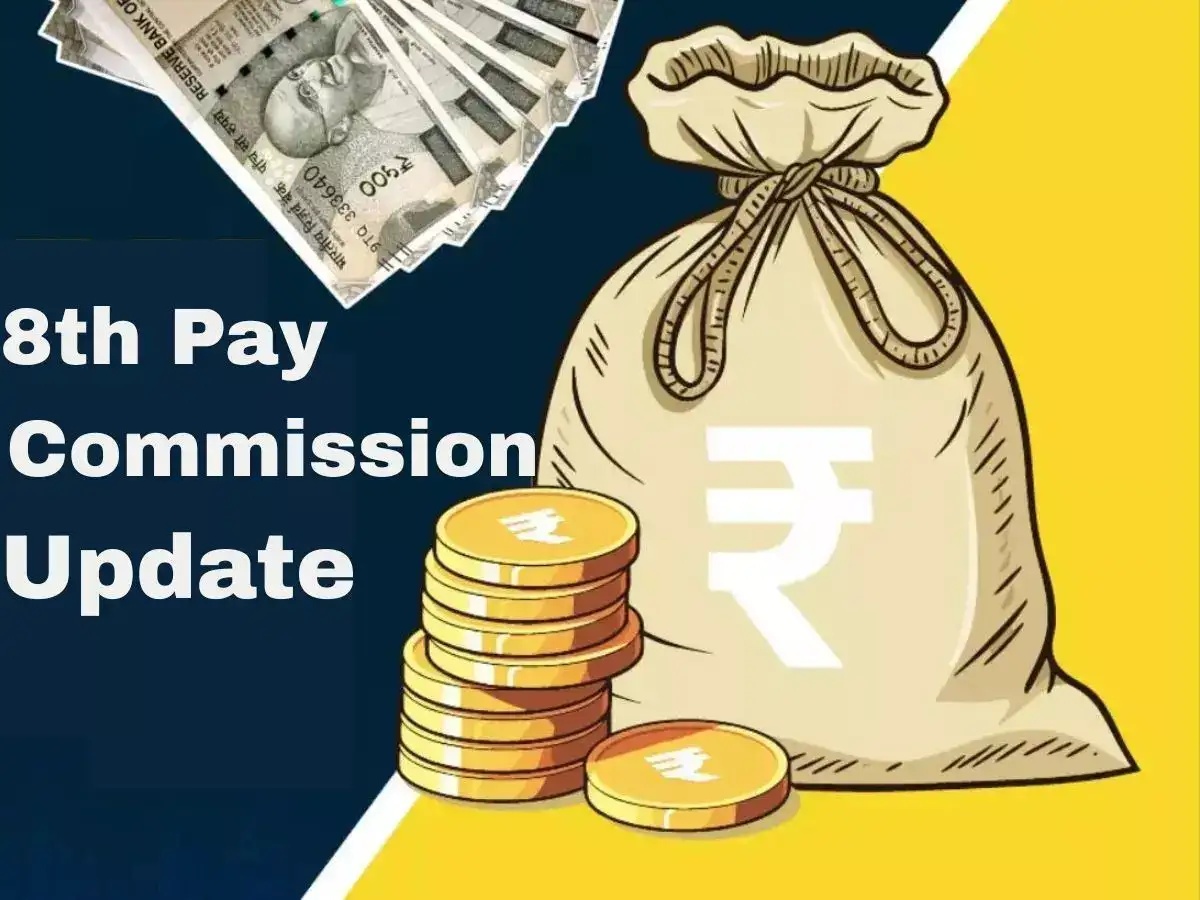
Government Initiates Stakeholder Consultations for 8th Pay Commission
The Ministry of Finance has begun engaging with key stakeholders, including the Ministry of Defence, Home Affairs, and state governments, to gather insights for the formation of the 8th Central Pay Commission. In a Lok Sabha response, Finance Minister Pankaj Chaudhary confirmed that inputs were sought from these entities to shape the commission’s framework. The appointment of the commission’s chairperson and members will follow the formal notification of the 8th CPC, with no names yet announced. This marks a critical step toward addressing the financial needs of over 115 lakh central government employees and pensioners, who stand to benefit from potential salary adjustments and revised benefits.
Anticipated Salary Increases and Fitment Factor Adjustments
The 8th Pay Commission is projected to impact nearly 50 lakh central government employees and 65 lakh pensioners, with recommendations expected to influence their monthly salaries and retirement benefits. According to Kotak Institutional Equities, the average salary hike could reach approximately 13%, slightly lower than the 14.3% increase from the 7th CPC. A key factor in this calculation is the proposed fitment multiplier of 1.8, which would increase basic pay by 80%. However, this figure is lower than the 2.57 multiplier used previously, potentially reducing the net take-home pay due to the reset of dearness allowance (DA) to zero under the new structure. Employee representatives are pushing for a higher fitment factor, but negotiations remain ongoing.
Dearness Allowance Continuation and Financial Implications
The dearness allowance (DA), which adjusts salaries for inflation, is expected to continue under the 8th CPC. Currently revised twice yearly, DA is based on the All-India Consumer Price Index for Industrial Workers (CPI-IW) and accounts for around 55% of basic pay. By the time the new pay structure is implemented, DA is projected to exceed 60% of basic pay. However, the financial burden of implementing the 8th CPC could range between Rs 2.4 lakh crore and Rs 3.2 lakh crore, significantly higher than the Rs 1.02 lakh crore spent on the 7th CPC. This cost could disproportionately affect Group C employees, who make up 90% of the central government workforce, due to their higher spending patterns.
Timeline and Structural Parallels with Past Commissions
The 8th CPC is expected to follow a similar timeline as its predecessor. The 7th CPC, established in February 2014, was implemented in January 2016. If this pattern continues, the 8th CPC may submit its report by late 2025, with implementation starting in January 2026. Chaudhary emphasized that the government will await the commission’s recommendations before finalizing the implementation plan. The current economic environment, including inflation trends, is likely to shape the final recommendations, ensuring the reforms align with fiscal realities while addressing employee concerns.
Historical Context and Future Outlook
The 7th Pay Commission, led by Justice A K Mathur, recommended a 23.55% overall increase in salaries, allowances, and pensions, which were implemented in 2016. The 8th CPC aims to build on this framework while adapting to contemporary economic challenges. With stakeholder feedback forming the foundation of the commission’s work, the final proposals will balance the need for fiscal responsibility with the demand for improved compensation for central government employees and pensioners. As the government finalizes its approach, the focus remains on ensuring equitable adjustments that reflect both inflationary pressures and the broader economic landscape.




